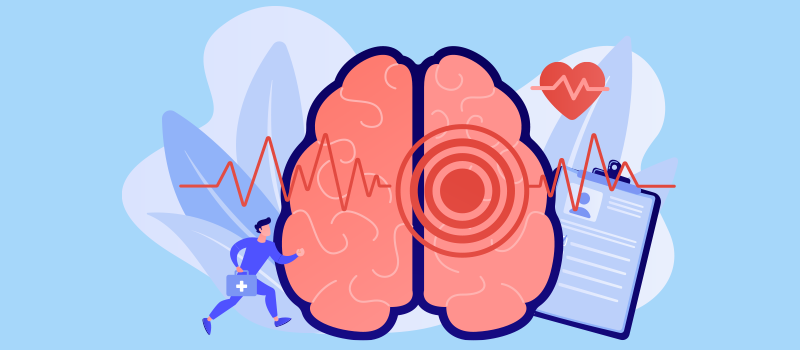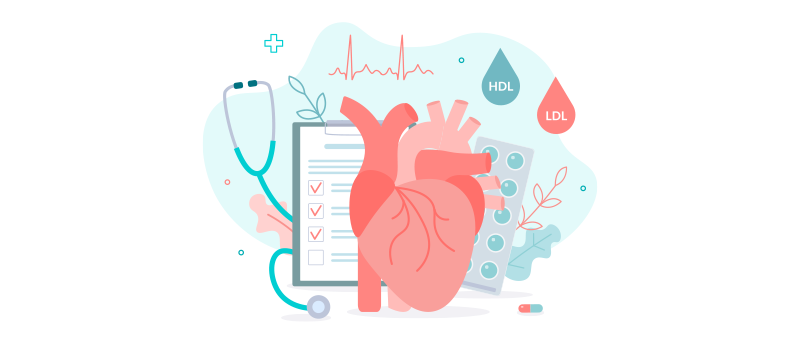What’s the Buzz
The Bee Healthy Blog
Conditions That Require an Endocrinologist

A primary care doctor or internal medicine physician can diagnose and manage many health conditions. However, sometimes, you may benefit from seeing a specialist, such as an endocrinologist, who has more expertise in your condition and may be more up-to-date on the newest medications, treatments, and clinical trials available. Please continue reading to learn about some of the conditions that endocrinologists can help diagnose and treat based on your medical history, physical exam, laboratory findings, and imaging studies such as MRI scans.
What are endocrine glands?
Endocrine glands are special glands in the body that make and release hormones directly into the bloodstream. The hormones travel to various tissues and organs in the entire body and have an effect on them.
Examples of endocrine system glands include the pineal gland and pituitary gland in the brain, the thyroid gland and parathyroid glands in the neck, and the adrenal glands above the kidneys.
In addition to endocrine glands, certain organs in the body also make hormones that perform specific functions, such as regulating blood sugar (pancreas). Examples of organs that are a part of the body’s endocrine system include the hypothalamus in the brain, the pancreas, the ovaries, and the testes.
Hormones secreted by endocrine glands allow various organs in the body to communicate with each other. Changes in hormone levels also control many body functions, including growth, metabolism, sexual function, fertility, sleep, and mood. Some of the hormones secreted by endocrine glands and organs include growth hormone, adrenaline, insulin, estrogen, testosterone, thyroid hormone, and melatonin.
Who needs an endocrinologist?
People who have endocrine disorders (hormone-related disorders) may need to see an endocrinologist. Endocrinologists treat a wide range of endocrine conditions associated with abnormal levels of hormones in the body. They can diagnose an endocrine disease, develop a treatment plan for an endocrine condition, prescribe medications, recommend lifestyle changes, and offer other non-pharmacological treatments.
There are further specializations in endocrinology to treat specific patient populations or conditions, such as pediatric endocrinology, diabetes, thyroid disease, reproductive endocrinology, and gender affirmation.
What endocrine diseases does an endocrinologist treat?
Diabetes and Metabolic Disorders
Diabetes is a common endocrine disorder that occurs because the insulin-producing cells in the pancreas are not making enough insulin hormone. It can also develop due to insulin resistance, where the body’s cells stop responding to the hormone. Insulin hormone acts on blood glucose levels, and as a result, people with diabetes have elevated blood sugars. Endocrinologists treat type 1 and type 2 diabetes as well as other types of diabetes, such as gestational diabetes in pregnant women. They can prescribe medication or a device such as an insulin pump to deliver continuous and customized insulin doses.
Endocrinologists also diagnose and treat metabolic syndrome, which is a cluster of conditions including high blood pressure, high blood sugar, high cholesterol, and central obesity. Metabolic syndrome is associated with an increased risk of chronic diseases like type 2 diabetes, heart disease, and stroke.
Parathyroid and Thyroid Disorders
Endocrinologists are frequently consulted for treating disorders of the thyroid gland. The thyroid is a butterfly-shaped gland in the neck that produces two types of thyroid hormones. The thyroid hormone affects many body functions including metabolism, heart rate, body temperature, digestion, brain development, muscle function, and reproduction. Some types of thyroid disease include:
- Hypothyroidism (underactive thyroid).
- Hyperthyroidism (overactive thyroid).
- Goiter (enlarged thyroid gland).
- Thyroid nodules.
- An autoimmune thyroid disorder such as Graves disease or Hashimoto’s thyroiditis.
- Thyroid cancer.
Endocrinologists also treat disorders of the parathyroid glands which secrete parathyroid hormone. These are four pea-sized glands located near the thyroid. Examples of parathyroid disorders include hyperparathyroidism (excess parathyroid hormone secretion and high calcium levels in the body) and parathyroid gland cancer.
Adrenal Disorders
There are two adrenal glands in the body, one on top of each kidney. The adrenal glands are part of the endocrine system and make adrenaline, noradrenaline, and steroid hormones. They control vital body functions like heart rate and blood pressure. You may be referred to see an endocrinologist for adrenal gland disorders such as:
- Addison’s disease (adrenal insufficiency).
- Cushing’s syndrome (high cortisol levels).
- A genetic disorder such as congenital adrenal hyperplasia.
- Hyperaldosteronism (too much aldosterone).
- Adrenal incidentalomas (adrenal tumors found by chance on imaging studies).
- Adrenocortical carcinoma.
Conditions Affecting Sexual Development, Function, and Reproduction
The body’s hormones play a key role in sexual development, sexual function, fertility, and reproduction. Endocrinologists can diagnose and treat conditions related to sex hormones, such as:
- Erectile dysfunction.
- Amenorrhea (absence of menstrual periods).
- Premenstrual syndrome (PMS).
- Menopausal symptoms.
- Gynecomastia (enlarged male breasts).
- Hormone-related infertility.
- Polycystic ovary syndrome (PCOS).
- Hypogonadism (low estrogen or low testosterone levels).
- Excess growth hormone (gigantism or acromegaly).
Bone Disorders
Hormone disorders can affect calcium levels and bone metabolism (the body’s destruction and formation of bone). Some of the conditions linked to bone health that endocrinologists can treat include:
- Vitamin D deficiency.
- Osteoporosis and osteopenia (low bone mass and weak bone structure).
- Hypercalcemia (high calcium levels).
- Hypocalcemia (low calcium levels).
Endocrine Oncology
An endocrinologist can diagnose and treat cancers and tumors of the endocrine system, including pancreatic cancer, thyroid cancer, parathyroid cancer, adrenocortical cancer, pituitary tumors, and neuroendocrine tumors.
References:












SOCIAL